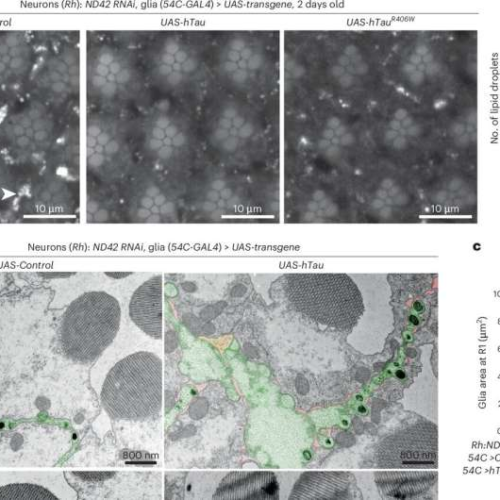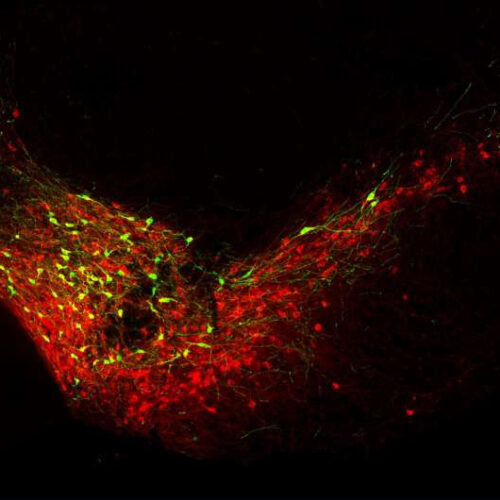August 30, 2024 by Rajalaxmi Natarajan, Baylor College of Medicine Credit: Nature Neuroscience (2024). DOI: 10.1038/s41593-024-01740-1 A study by researchers at Baylor College of Medicine and the Jan and Dan Duncan Neurological Research Institute (Duncan NRI) at Texas Children’s Hospital, reveals that the protein Tau—a key player implicated in several neurodegenerative conditions including Alzheimer’s disease—also...
Tag: <span>neuroprotective</span>
More Evidence Metformin May Be Neuroprotective
Megan Brooks October 31, 2023 TOPLINE: New research suggests terminating metformin may raise the risk for dementia in older adults with type 2 diabetes, providing more evidence of metformin’s potential neuroprotective effects. METHODOLOGY: TAKEAWAY: IN PRACTICE: The findings “corroborate the largely consistent evidence from other observational studies showing an association between metformin use and lower dementia incidence...
Evidence for a neuroprotective effect from transcription factor BCL11A
by University of Bonn Neurons producing the transcription factor BCL11A appear in green. Credit: Marianna Tolve The neurotransmitter dopamine influences the activity of a wide variety of brain areas. A deficiency of this substance can have drastic consequences: The death of dopamine-producing nerve cells in the substantia nigra—a particularly sensitive part of the brain—is what causes...
Investigational drug stops toxic proteins tied to neurodegenerative diseases
by Melissa Moody, Perelman School of Medicine at the University of Pennsylvania An investigational drug that targets an instigator of the TDP-43 protein, a well-known hallmark of amyotrophic lateral sclerosis (ALS) and frontotemporal dementia (FTD), may reduce the protein’s buildup and neurological decline associated with these disorders, suggests a pre-clinical study from researchers at Penn...
Good vitamin D status can prevent cancer, improve prognosis of several cancers
A good vitamin D status is beneficial both in cancer prevention and in the prognosis of several cancers, according to a new research review. The anti-cancer effects of vitamin D are especially pronounced in the prevention and treatment of colon cancer and blood cancers. In addition, high vitamin D responsiveness can be linked to a...
CBD reduces impairment caused by cannabis
by University College London The more cannabidiol (CBD) in a strain of cannabis, the lower the impairment to brain function, finds a new UCL-led brain imaging study. The research, published in the Journal of Psychopharmacology, is the first study using fMRI (functional magnetic resonance imaging) to gauge how different strains of cannabis impact brain function. “Over the last two...



